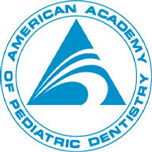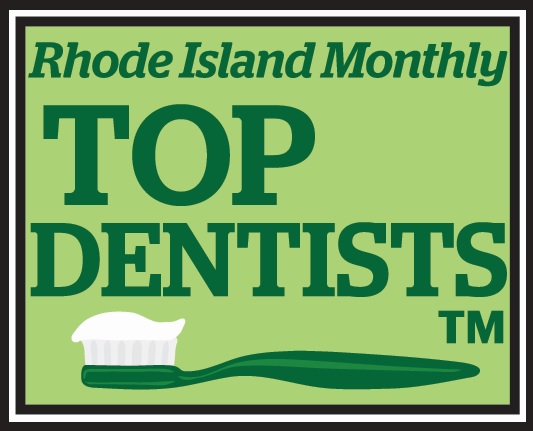
Teething is a natural occurrence that is necessary for the growth of your child. Although it can be difficult to handle, we have information designed to help you to prepare for this stage in your child’s life.
Common Teething Symptoms
There is a lot of misinformation out there about teething, so it is important to understand what exactly to expect. Knowing the correct symptoms will help you to know when you must contact a dentist or doctor for your child.
The symptoms of teething typically include irritability, trouble sleeping, fussiness, drooling excessively, loss of appetite, and chewing on fingers.
Abnormal symptoms would be if your baby has a fever, rash, diarrhea, severe gum swelling, redness, or bleeding. If your baby has any of these symptoms, call your doctor immediately to make sure it is not an indication of a larger problem.
Teething Treatment
If your baby is experiencing sore or inflamed gums, it can be quite difficult to calm them down. A solution to soothe their mouth would be trying a chilled pacifier or teething ring. You can also try massaging their gums gently with a clean finger or dampened piece of gauze.
For the safety of your child, do not use topical pain relievers or homeopathic teething gels and tablets. These forms of relief have not been evaluated or approved by the FDA, which means they might be dangerous for young children.
Caring for Your Baby’s New Teeth
Dental care is needed as soon as your baby develops their first tooth. When that first tooth emerges you should gently wipe your baby’s gums with a dampened cloth at least twice a day. Also, once your child develops two teeth that touch, you should begin using floss or an interdental brush daily.
Within 6 months of developing their first tooth, your child should visit the dentist. When telling your child about the dentist, maintain a positive attitude so they feel as comfortable as possible.
We will check your little one’s teeth and ensure a calm and comfortable first visit. If you and baby are ready, contact our office to schedule an appointment and to learn more about early childhood tooth development.





